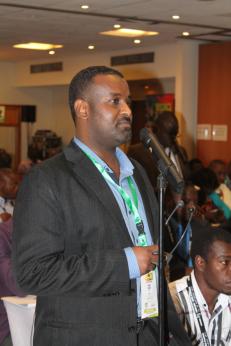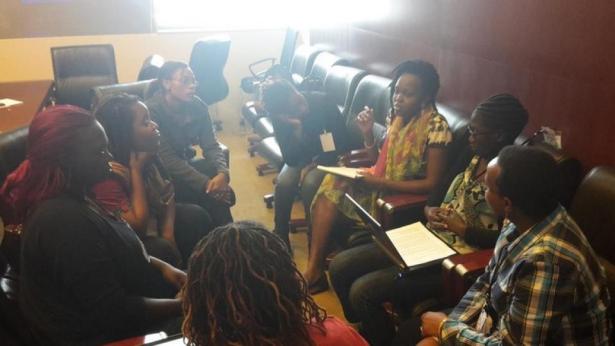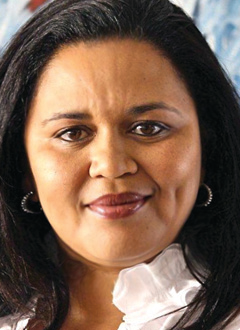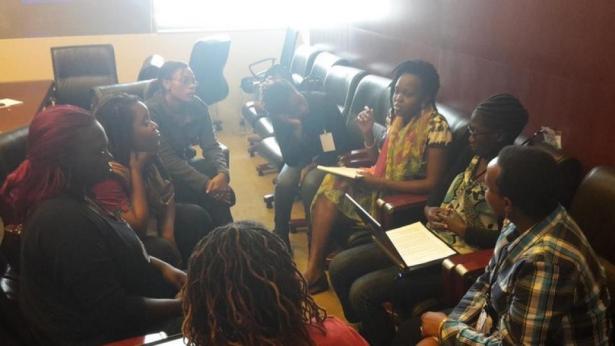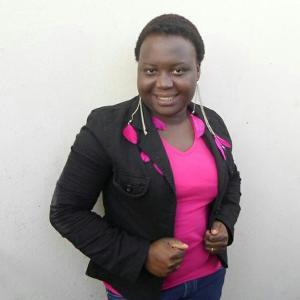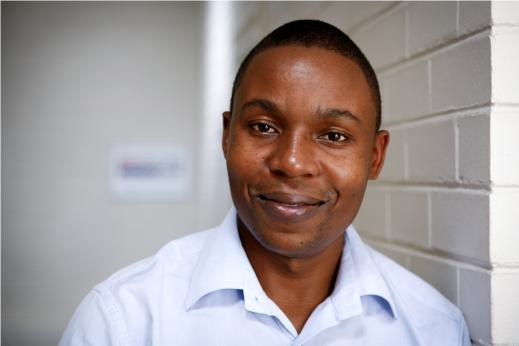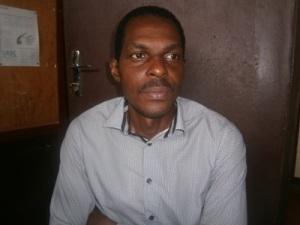Dr. Sami Salih, founder and chair of the Sudanese IPv6 Task Force (SDv6TF) since 2010. During his position at the telecom regulatory authority (NTC Sudan) as head of R&D he participated in many events organized by ICT related organizations such as ITU, AfriNIC, ICANN and other regional and international events since 2006.
Furthermore, he established an authorized training center for IPv6 in Sudan in collaboration with NAV6 Malaysia. He is appointed by ITU to develop national strategic migration plans toward… Read more

